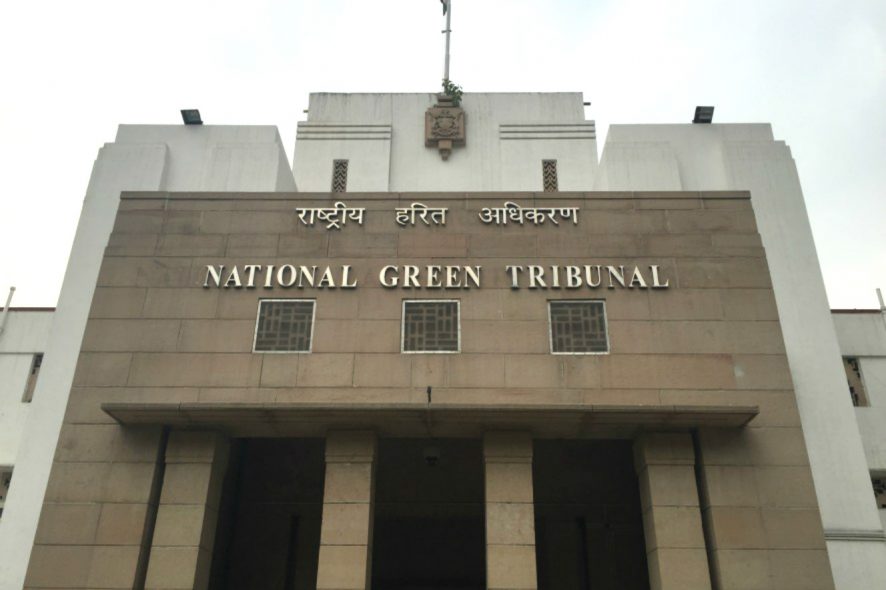National Green Tribunal (NGT): The Coram of Justice Adarsh Kumar Goel (Chairperson) and Justice S.P. Wangdi (Judicial Member) and Dr Nagin Nanda (Expert Member), while addressing a matter reiterated that,
There is no absolute right to extract groundwater for commercial purposes. If anyone is found extracting groundwater, it is per se a criminal offence under the Environment (Protection) Act, 1986.
Illegal Extraction of Groundwater
Tribunal sought a report from the State Pollution Control Board with regard to the allegation of illegal extraction of groundwater and discharge of polluted water with dyes and chemicals into the drain by the National Wollen and finishers.
State PCB filed a report wherein it was noted that Regional Director, CGWB, Chandigarh was directed to take action and levy environmental compensation on National Wollen and Finishers for extracting underground water without CGWA permission, as per the report of CPCB in-house Committee on Methodology of assessing Environmental Compensation and Action Plan for its utilization of Fund Assessed.
Further, the report also stated that the consent to establish under the Water Act and Air Act was granted on 03-09-2012.
In the Tribunal’s decision of Shailesh Singh v. Hotel Holiday Regency, OA No. 176 of 2015, it was held that,
“…groundwater extraction has to be regulated having regard to the safety of level of groundwater so that water bodies and e-flow of rivers is not affected.”
There is no absolute right to extract ground water for commercial purpose. If anyone is found extracting ground water, it is per se a criminal offence under the Environment (Protection) Act, 1986.
Hence, the tribunal held that National Wollen and Finishers has been found to be extracting groundwater, therefore, State PCB must stop such extraction by coercive means and recover compensation for such illegal drawal for the period for which such drawal took place up to five years from the date of filing of the application before this Tribunal.
Adding to its decision, the tribunal also stated that, there is also a violation of Consent terms under the Water and Air Acts which can certainly be enforced by the PCB, in view of the failure of CGWB to take action.
In view of the above, the application was disposed of. [Raj Kumar Singal v. State of Haryana, 2020 SCC OnLine NGT 220, decided on 05-08-2020]






